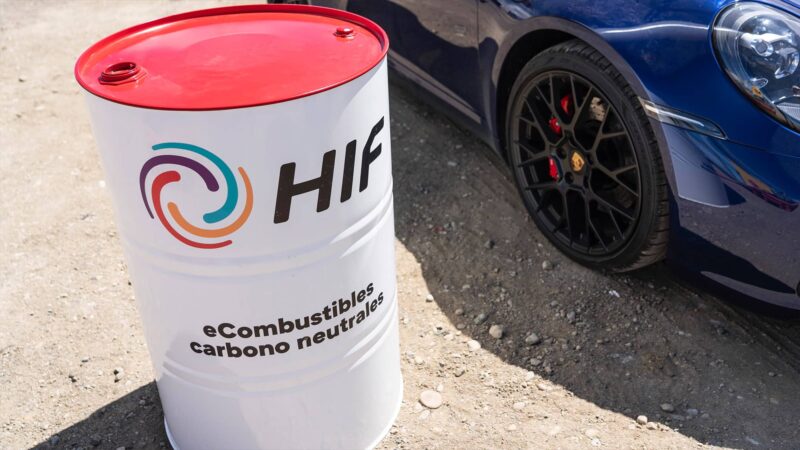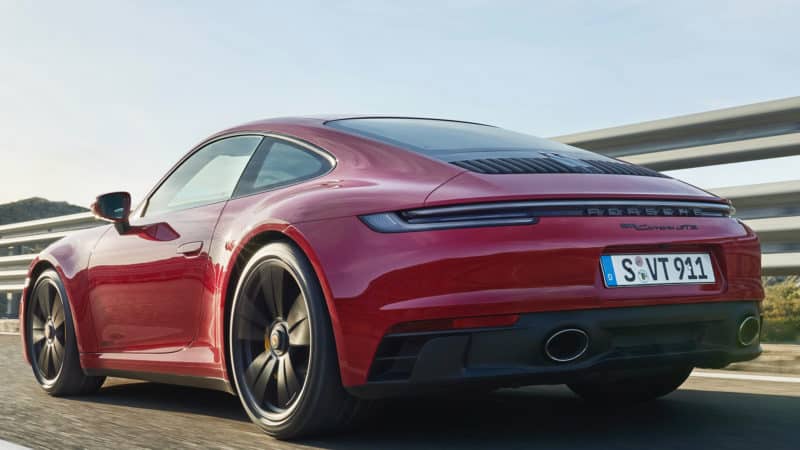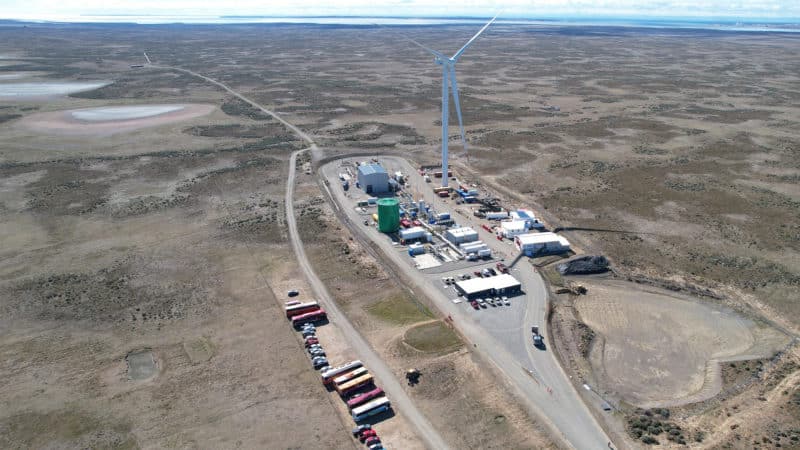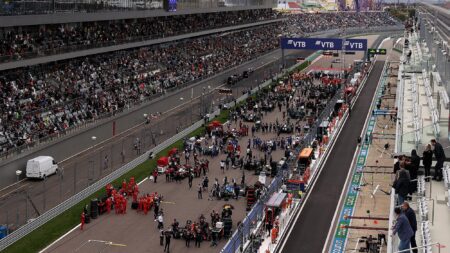Because even Porsche says it has no plans at present to sell the e-fuels it is developing with Siemens and ExxonMobil to the public, but will keep it for motor sport and driver experience activities. Further, even when running at full chat, the Chilean factory would only be able to satisfy a tiny fraction of the potential demand, and while there are other e-fuel projects already up and running, we are, at present, a million miles from it becoming a viable alternative to a battery electric vehicle.
Moreover, while the resistance to the move from environmental groups seems to be restricted to low level mutterings at present, if it turns out that e-fuels might really be produced in the quantities desired and sold at prices that are required, they’re going to get a whole lot noisier. And the point they will make is that internal combustion engines are yesterday’s technology, and that burning any kind of fuel inside them is a step back not simply from where we need to be years from now, but the battery-electric technology that’s with us today. So while I am hopeful that e-fuel might grant ICE engines a stay of execution, I am far from certain that it will and, even if it does, less sure still how long it will last.

Chile fuel production won’t be sold to the public
Porsche
In the meantime, there is a pachyderm trumpeting away in the corner. Because, thanks to some former glorious leaders, the UK is no longer in the EU, so none of this is actually relevant to the vast majority of people reading this. What is the UK’s position on e-fuels? I’ve requested an interview with Transport Secretary Mark Harper MP, and if one is granted and I actually get to sit down with him, I’ll let you know what he says. For now however the position is that all pure petrol and diesel car sales are to be banned from 2030, and all hybrids from 2035.





